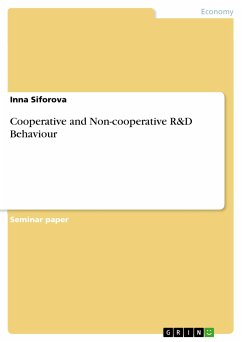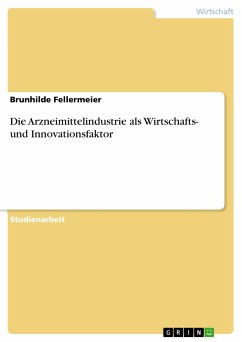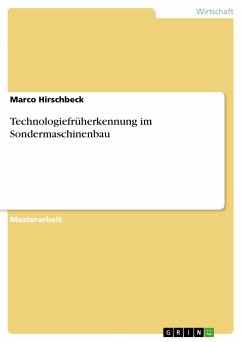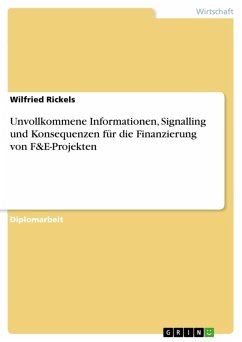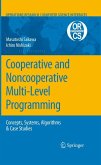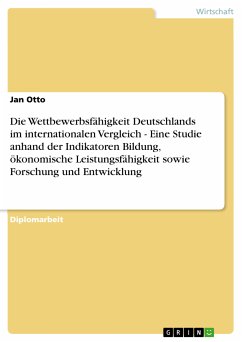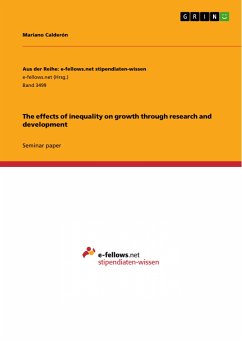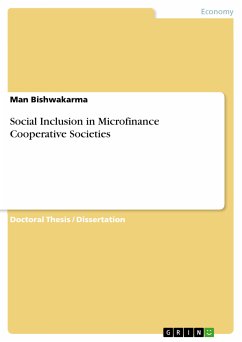Seminar paper from the year 2012 in the subject Economics - Innovation economics, grade: 2,0, Ruhr-University of Bochum (Applied Microeconomics), course: Economics of Innovation, language: English, abstract: Technological progress is one of the most important factors guaranteeing economical growth in a long term. The present paper deals with a question if cooperative R&D can increase the intensity in research activities. What are the advantages resulting from cooperative agreements? Do they also face any risks? These questions are discussed in the second section of the paper. The intention is to introduce the basic model of cooperative and non-cooperative R&D behaviour, described by D'Aspremont and Jacquemin. In section 3, individual cases of cooperative behaviour are discussed and compared, while in the next step, the impact on the welfare is presented. Section 4 deals with the model by Kamien, Muller and Zang. After a reasonable simple description, each single case is evaluated and the most recommendable solution regarding the research activities is introduced. A conclusion follows.
Dieser Download kann aus rechtlichen Gründen nur mit Rechnungsadresse in A, B, BG, CY, CZ, D, DK, EW, E, FIN, F, GR, HR, H, IRL, I, LT, L, LR, M, NL, PL, P, R, S, SLO, SK ausgeliefert werden.

